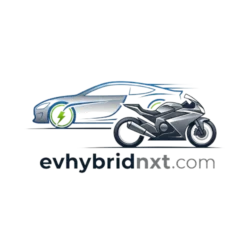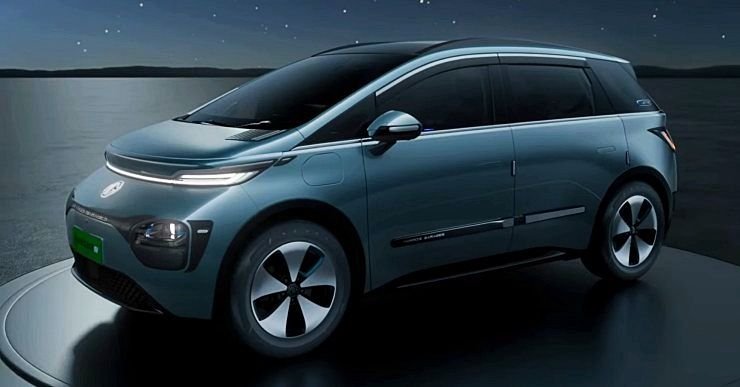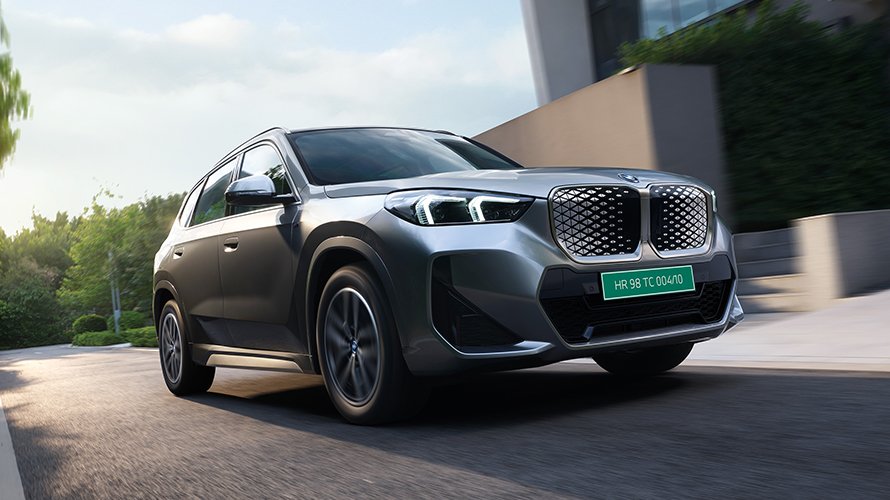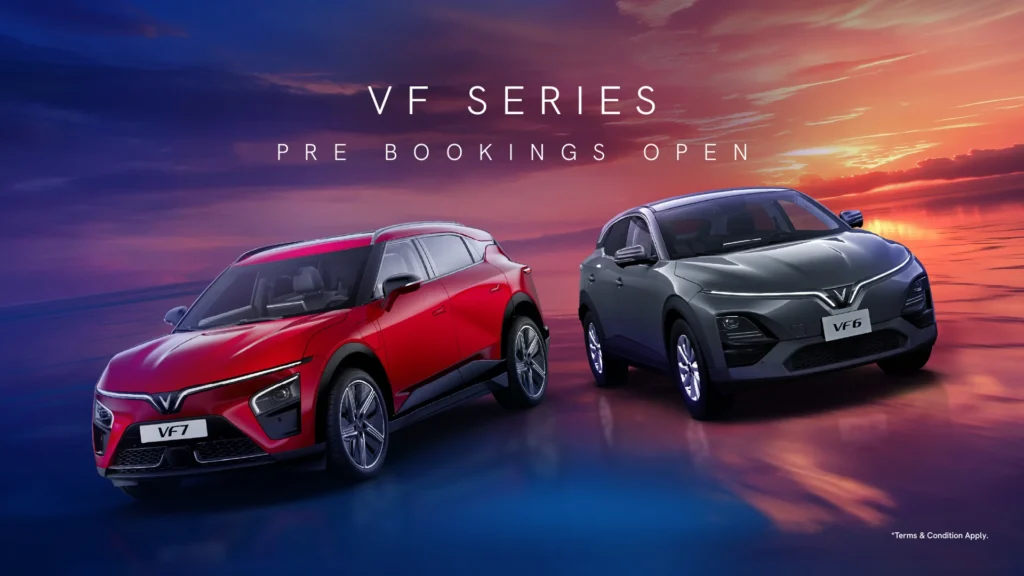In a bold move to capture India’s burgeoning electric vehicle (EV) market, the diversified JSW Group—known for its prowess in steel, energy, and infrastructure—is aggressively constructing a comprehensive, full-stack EV ecosystem. Announced on August 28, 2025, the conglomerate’s ambitious strategy includes the launch of a new subsidiary, JSW Motors, backed by a whopping $3 billion investment. This initiative encompasses technology collaborations with China’s Chery Automobile, the development of massive EV battery and vehicle manufacturing hubs in Odisha and Maharashtra, and ongoing negotiations for a 10 GWh battery joint venture (JV) with South Korea’s LG Energy Solution. As India races towards its 2030 goal of 30% EV penetration, JSW’s entry signals a seismic shift, positioning the group as a formidable challenger to established players like Tata Motors and Mahindra & Mahindra.
Spearheaded by Sajjan Jindal, Chairman of JSW Group, this EV foray aligns with the company’s broader diversification efforts amid global decarbonization trends. With India’s EV market projected to reach $200 billion by 2030, JSW aims to integrate upstream battery production, vehicle assembly, and downstream charging infrastructure, creating a vertically integrated powerhouse. “We’re not just building cars; we’re architecting an ecosystem that powers sustainable mobility for generations,” Jindal stated during the announcement.
At the heart of JSW’s EV strategy is the newly unveiled JSW Motors, a dedicated subsidiary set to invest $3 billion (approximately Rs 25,000 crore) over the next five years. This capital infusion will fund research and development, manufacturing facilities, and supply chain enhancements, targeting an initial annual production capacity of 500,000 units by 2030. JSW Motors plans to roll out its first EV lineup—a mix of passenger cars, SUVs, and potentially two-wheelers—starting in 2027, with a focus on affordable, mid-segment models priced between Rs 10-25 lakh.
The subsidiary will leverage JSW’s existing strengths in steel and energy to ensure cost efficiencies and sustainability. For instance, JSW Steel’s low-carbon production processes will supply lightweight, high-strength materials for vehicle bodies, while JSW Energy’s renewable portfolio will power the factories with green electricity. Initial funding will come from internal accruals, debt financing, and potential equity infusions, with JSW eyeing strategic partnerships to accelerate scaling.
To fast-track its technological capabilities, JSW has forged a strategic technology transfer and licensing agreement with Chery Automobile, one of China’s largest EV makers. Under this partnership, JSW Motors will gain access to Chery’s advanced EV platforms, including modular architectures, battery management systems, and intelligent driving technologies. Chery, renowned for models like the Tiggo series and its Omoda EVs, brings proven expertise in cost-effective electrification, which JSW aims to adapt for Indian roads and consumer preferences.
The collaboration extends beyond tech sharing; it includes joint R&D centers in India and China, with an emphasis on localizing components to comply with India’s Atmanirbhar Bharat (self-reliant India) initiative. This tie-up is expected to shave 2-3 years off JSW’s development timeline, enabling quicker market entry. However, it comes amid geopolitical sensitivities around Chinese investments in India—JSW has assured that the partnership will be technology-focused, with no direct equity stake for Chery, and full adherence to regulatory approvals from the Ministry of Corporate Affairs.
JSW’s manufacturing ambitions are anchored by two greenfield projects: a sprawling EV battery gigafactory in Odisha and a vehicle assembly hub in Maharashtra. The Odisha facility, located in Paradip, will span 1,000 acres and represent an investment of Rs 12,000 crore. Slated for commissioning in 2028, it will have an initial capacity of 20 GWh for lithium-ion battery production, scaling up to 50 GWh by 2032. This hub will focus on cathode and anode materials, cell assembly, and pack integration, creating over 10,000 direct jobs and positioning Odisha as an EV hub in eastern India.
Complementing this is the Maharashtra plant in Chakan, Pune—a Rs 8,000 crore investment on 500 acres for vehicle manufacturing. Set to go operational by late 2027, it will produce up to 2 lakh EVs annually, incorporating stamping, welding, painting, and final assembly lines. The strategic location near Mumbai and Nashik ensures proximity to auto component suppliers and export ports. Both hubs will incorporate Industry 4.0 technologies like AI-driven automation and robotics, aiming for zero-waste operations powered by solar and wind energy from JSW’s portfolio.
These projects have garnered strong state government support: Odisha offers incentives under its Industrial Policy Resolution 2022, including land subsidies and tax rebates, while Maharashtra’s Package Scheme of Incentives 2019 provides capital grants. Together, they underscore JSW’s commitment to regional development, with plans for skill-training centers and EV charging networks along key highways.
To bolster its battery ecosystem, JSW is in advanced discussions with LG Energy Solution for a 10 GWh JV, valued at around Rs 15,000 crore. The proposed partnership would establish a dedicated battery manufacturing unit, likely co-located with the Odisha gigafactory, focusing on high-density NMC (nickel-manganese-cobalt) and LFP (lithium-iron-phosphate) cells tailored for Indian EVs. LG’s global expertise in battery tech—powering vehicles for Tesla, GM, and Hyundai—would complement JSW’s manufacturing scale, ensuring supply chain resilience amid global raw material volatility.
Talks, which began in early 2025, are progressing towards a memorandum of understanding by Q4 2025, with equity split potentially at 60:40 in favor of JSW. This JV aligns with India’s Production Linked Incentive (PLI) scheme for Advanced Chemistry Cells (ACC), offering up to Rs 18,100 crore in subsidies. If finalized, it could mitigate JSW’s dependence on imports, which currently account for 70% of India’s battery needs, and support exports to Southeast Asia and Europe.
While JSW’s ecosystem buildout is transformative, it faces hurdles like raw material sourcing (lithium, cobalt), charging infrastructure gaps, and competition from Tata’s Sanand gigafactory and Reliance’s EV ventures. Regulatory clarity on Chinese tech partnerships and talent acquisition for EV engineering remain key concerns. Nonetheless, with India’s EV sales surging 50% year-on-year in 2025, JSW’s integrated approach could capture 10-15% market share by 2030.



